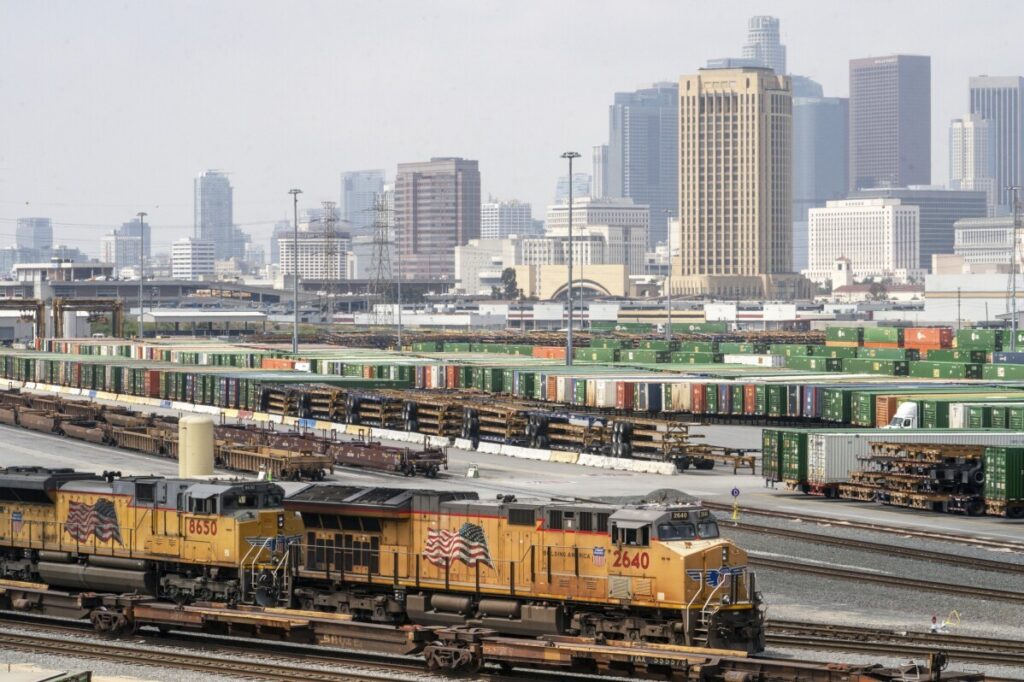Buffett’s Berkshire Hathaway Faces Reality Check with $3.76 Billion Kraft Heinz Write-Down
Warren Buffett’s Berkshire Hathaway reports steep profit drop after massive write-down on Kraft Heinz investment, exposing risky bets and highlighting the need for prudent America First economic stewardship.

Warren Buffett’s Berkshire Hathaway, long viewed as a beacon of sound investment and steady growth, just took a sobering hit—reporting less than half its profits from a year ago due largely to a $3.76 billion writedown on its stake in Kraft Heinz. While some may chalk this up to market fluctuations, it signals a deeper lesson about the perils of overpaying for legacy brands in an evolving economy.
Is Buffett’s Once-Unshakable Investment Strategy Losing Luster?
Berkshire posted $12.37 billion in earnings for the second quarter—a steep drop from $30.25 billion last year—primarily because of accounting adjustments tied to Kraft Heinz. Even when isolating operating earnings that exclude volatile investment gains, profits fell slightly, illustrating that not all of Berkshire’s diverse portfolio is immune to current economic headwinds.
This writedown reflects the reality that iconic American food brands like Kraft Heinz are struggling amid shifting consumer preferences toward healthier options and rising private-label competition. Despite Buffett’s confidence in these household names, the market has spoken: The valuations paid for such investments have been too high, and the anticipated growth too optimistic.
Why Does This Matter for America First Values?
At first glance, a loss at one of America’s most prestigious conglomerates might seem like just another Wall Street story. But what does it mean when even titans like Berkshire Hathaway face challenges adapting to changing markets? It underscores the critical need for policies that support economic sovereignty, encourage innovation over complacency, and empower American businesses to stay competitive globally without relying on bloated corporate mergers or outdated brands propped up by investor goodwill.
Berkshire still holds vast cash reserves—over $344 billion—to deploy. Yet Buffett himself admits he isn’t finding deals that meet his criteria, suggesting many assets remain overpriced or misaligned with genuine American prosperity goals. This caution mirrors what many everyday Americans feel: rising costs with fewer clear opportunities for growth or security.
The company’s cautious approach also reveals how essential it is that America maintain robust regulatory frameworks preventing reckless financial speculation while fostering true innovation in sectors vital to national strength.
Meanwhile, Berkshire’s core businesses like BNSF railroad continue strong performance independently, resisting pressure to chase unnecessary mergers simply due to market hype. This patient strategy aligns with an America First vision where national infrastructure competes on merit—not artificial consolidations dictated by Wall Street sentiment.
Berkshire’s recent struggles serve as a timely reminder: sustainable economic success demands vigilance against inflated valuations and distractions from sound business principles rooted in patriotism and prudence.
How long will Washington overlook these lessons as they push misguided trade policies or allow foreign entities too much access to our markets? Ensuring American families can trust their economy requires more than just headline profits—it demands fidelity to core America First values of sovereignty, prudence, and liberty.
